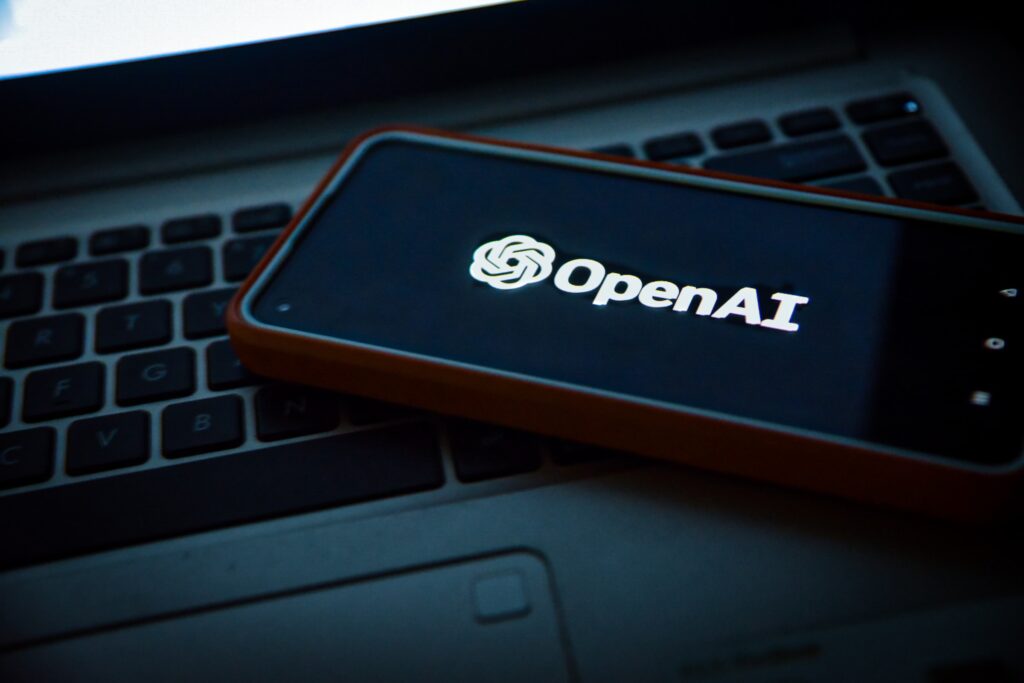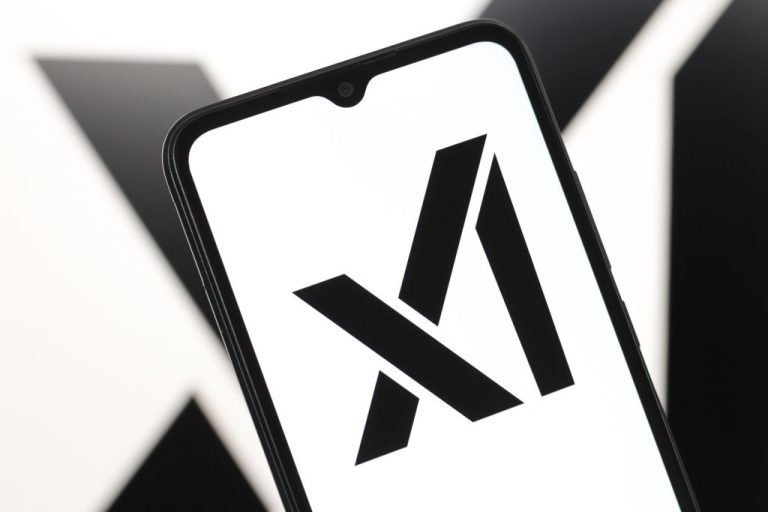Italy to Reconsider ChatGPT Ban Pending Resolution of Privacy Concerns by OpenAI
Italy Will Lift ChatGPT Ban If OpenAI Addresses Privacy Concerns
Italy’s data protection authority has expressed its willingness to revoke the ban on ChatGPT, contingent upon OpenAI’s compliance with specific privacy safeguards. The Guarantor for the Protection of Personal Data (GPDP) announced last month that access to OpenAI’s chatbot was halted as part of an investigation into potential violations of Italian data privacy laws and the EU’s General Data Protection Regulation (GDPR).
The GPDP raised concerns that ChatGPT might inadvertently disclose personal information, such as phone numbers and addresses, based on user input. Authorities were also apprehensive that the chatbot could deliver inappropriate content to minors, posing potential risks. The GPDP stipulated that the ban could be lifted if OpenAI implements measures to ensure the protection of minors and user data by April 30, 2023.
OpenAI has been instructed to clearly inform users on its website about how ChatGPT handles and stores their information. Adult users must confirm their age, and new users will need to undergo an age verification process. The platform must prevent children below 13 from accessing the software, while those aged 13 to 18 will require parental consent to use ChatGPT.
Additionally, OpenAI is mandated to secure explicit consent from users for data usage in training its AI models and must allow individuals, whether they are users or not, to request corrections or deletions of any erroneous personal information generated by ChatGPT. These changes must be finalized by September 30; otherwise, the ban will be reinstated.
This development highlights a growing trend of regulatory scrutiny surrounding AI technologies globally. ChatGPT is not alone in facing such challenges; similar investigations regarding data privacy concerns have been initiated by regulators in Canada and France. Spain has also urged the EU’s privacy authority to conduct a more thorough investigation into ChatGPT, emphasizing the necessity for developers to be proactive in addressing privacy issues and safeguarding user data.
Image source: Levart_Photographer on Unsplash
Interested in learning more about AI and big data from industry leaders? Explore the AI & Big Data Expo occurring in Amsterdam, California, and London, co-located with Digital Transformation Week.
The AI Execution Gap: Why 80% of Projects Don’t Reach Production
Additionally, addressing governance and regulatory challenges will play a crucial role in accelerating AI adoption across industries.
Teachers in England Given the Green-Light to Use AI
Sam Altman, OpenAI: The Superintelligence Era Has Begun
The role of machine learning in enhancing cloud-native container security has garnered significant attention, accumulating a whopping 41,326 views. Within the spheres of artificial intelligence, finance, and logistics, innovative machine learning applications are revolutionizing business operations, attracting 14,315 views.
Moreover, the intersection of AI with face recognition and security practices has raised concerns, with reports suggesting that AI and bots may have been employed to fraudulently inflate music stream counts, a topic that has received 12,166 views. Partnerships with outsourced developers are also highlighted as beneficial within the realm of AI in space technology, garnering 10,394 views.
Prominent figures such as Sam Altman from OpenAI proclaim that the era of superintelligence has commenced. Additionally, companies like Magistral are stepping forward, with Mistral AI challenging established tech giants by introducing advanced reasoning capabilities.
The AI Blockchain: What Is It Really?
The concept of an AI blockchain has emerged as a fascinating intersection of artificial intelligence and blockchain technology. This synergy offers the ability to enhance transparency, security, and data integrity in AI applications. By leveraging blockchain’s decentralized nature, organizations can create more accountable AI models, ensuring that data used in training and decision-making processes can be traced back to its source. This enhances trust among users and stakeholders, mitigating concerns over bias and opacity in AI systems.
Moreover, the incorporation of blockchain allows for the creation of decentralized AI networks, which can facilitate collaboration among multiple parties without relying on a single centralized authority. This opens the door to new business models and innovations within industries such as finance, healthcare, and logistics, where AI and data sharing are paramount.
Challenges and Ethical Considerations
Despite the potential benefits of integrating AI with blockchain technology, there are significant challenges and ethical implications to consider. For instance, the speed at which blockchain transactions are processed can sometimes hinder AI’s ability to deliver real-time results. Additionally, the energy consumption associated with blockchain networks, especially those utilizing proof-of-work mechanisms, raises environmental concerns.
It is crucial for developers and stakeholders to address these issues proactively. Establishing ethical guidelines for AI development and usage, alongside implementing sustainable practices for blockchain technologies, will play a key role in shaping the future landscape of this innovative fusion.
Looking Ahead
As we move further into the age of digital transformation, the AI blockchain is poised to revolutionize how we interact with technology. By embracing this combination, industries can drive efficiencies and innovations that were previously unimaginable. The key will be to balance technological advancement with ethical responsibility, ensuring that the future of AI remains beneficial and equitable for all.






